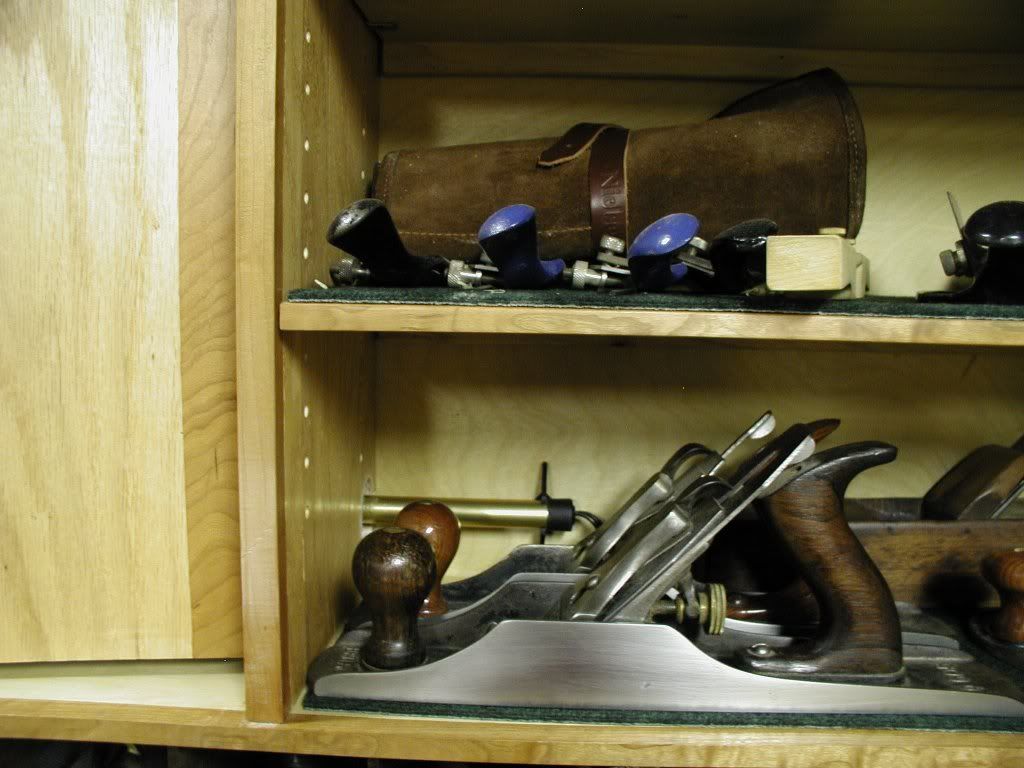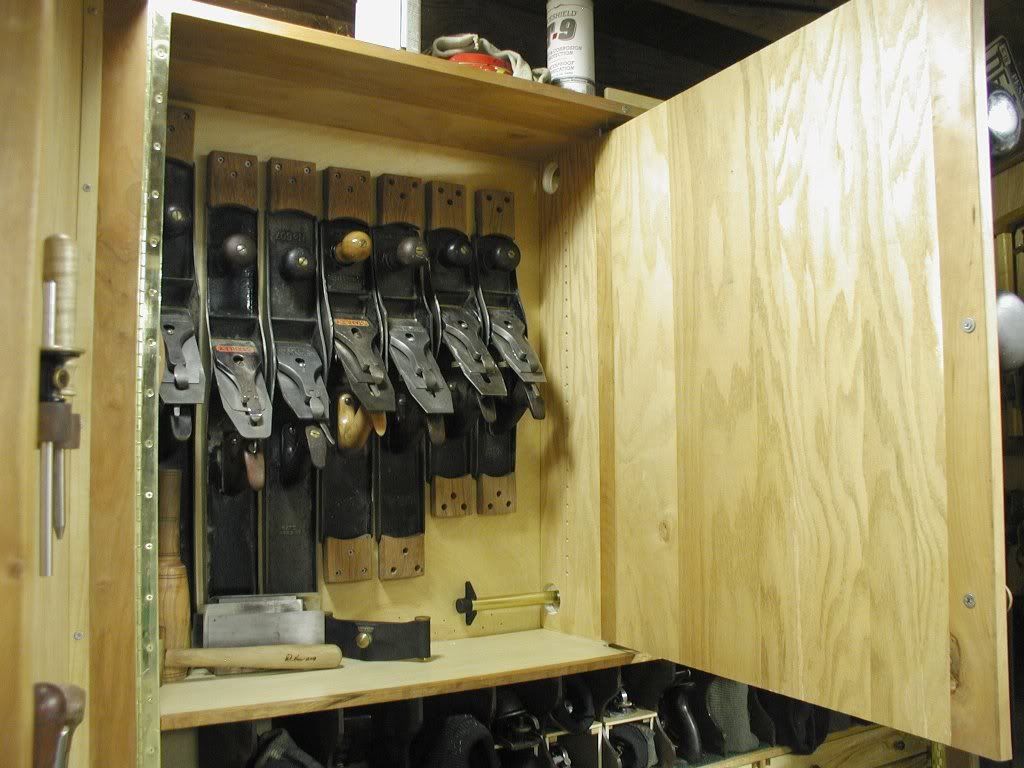I'm new here and generally new to woodworking. First, many thanks for a wonderful forum and a great resource. I've already learned a ton here by reading posts and such. Looking forward to joining this fine community.
I'm working on setting up a shop in my detached garage. I live in NJ and it's unheated/uninsulated. I want to set up a shop without power tools so that's not a concern, but I am worried about how to care for my hand tools. What do you recommend in terms of preventing rust and such? Temperatures here are 80s-90s in the summer with moderate to quite a bit of humidity and 20s-30s in the winter with low to moderate humidity. Should I just plan on taking my tools inside when I'm not using them or is there some good reasonable way to prevent this kind of thing.
Also, any other general suggestions about dealing with an outdoor garage shop like this would be appreciated.
Thanks in advance.




 Reply With Quote
Reply With Quote











